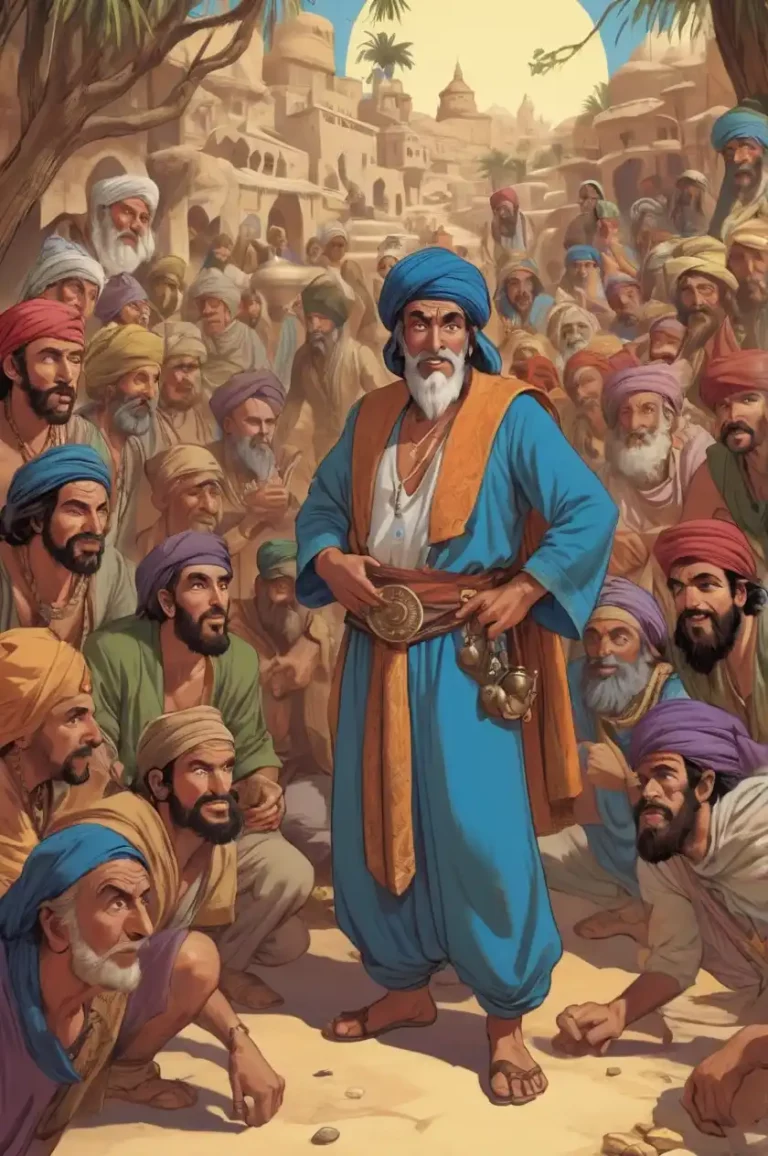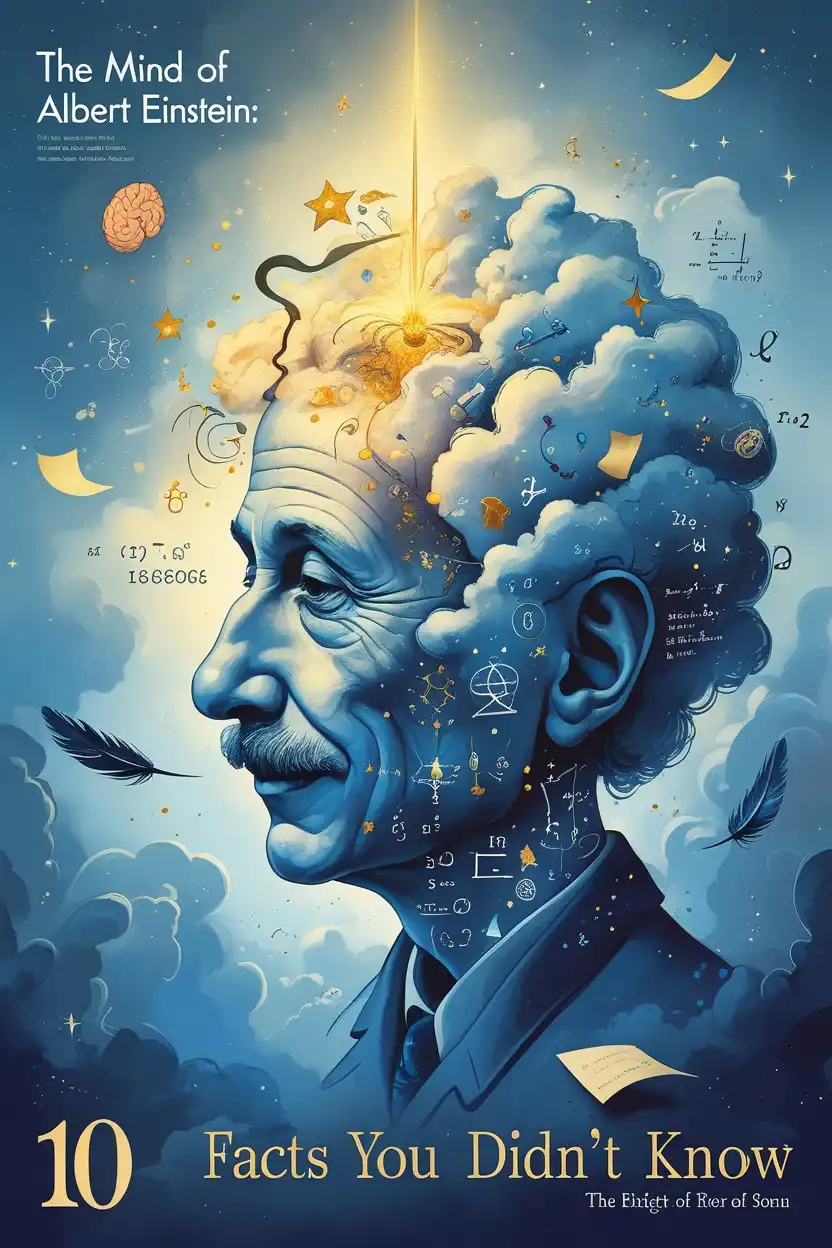Ali Baba and the Forty Thieves: A Tale of Cunning and Courage
Ali Baba and the Forty Thieves is one of the most famous stories from the collection of Middle Eastern folk tales known as “One Thousand and One Nights” or “Arabian Nights.” This captivating tale of adventure, greed, and cleverness has enchanted readers for centuries. Let’s dive into the story, its themes, and its lasting impact on literature and culture.
The Story of Ali Baba and the Forty Thieves
Ali Baba, a humble woodcutter, stumbles upon an extraordinary secret while working in the forest. He overhears a group of forty thieves using the magical phrase “Open Sesame” to unlock the entrance to a hidden cave filled with unimaginable treasures. After the thieves leave, Ali Baba uses the same magic words to enter the cave and takes a small portion of gold to support his family.
However, his discovery does not remain a secret for long. His greedy brother, Cassim, learns about the treasure and attempts to take it all for himself. Unfortunately, Cassim is caught by the thieves, and his greed leads to his demise. The thieves soon realize that someone else knows about their secret hideout and vow to track down the intruder.
Ali Baba’s life takes a dangerous turn as the thieves try to find and eliminate him. With the help of his clever and resourceful servant, Morgiana, Ali Baba manages to outwit the thieves. Morgiana plays a pivotal role in foiling their plans, ultimately ensuring Ali Baba’s safety. In gratitude for her loyalty and intelligence, Ali Baba grants Morgiana her freedom.
Themes and Lessons from the Story
The tale of Ali Baba and the Forty Thieves is more than just an entertaining story; it carries timeless themes and lessons:
- Greed vs. Contentment: Ali Baba’s modesty contrasts sharply with his brother Cassim’s greed. While Ali Baba only takes what he needs, Cassim’s insatiable desire for wealth leads to his downfall.
- Cunning and Intelligence: Morgiana’s quick thinking and bravery highlight the importance of wit and resourcefulness in overcoming challenges.
- Justice Prevails: The story emphasizes that greed and dishonesty are punished, while kindness and humility are rewarded.
The Cultural Impact of Ali Baba and the Forty Thieves
This legendary tale has transcended time and geography, inspiring countless adaptations in literature, theater, film, and even modern media. The phrase “Open Sesame” has become synonymous with unlocking secrets or gaining access to something valuable. The story also serves as a rich source of inspiration for discussions on morality, loyalty, and human behavior.
Frequently Asked Questions (FAQs)
1. What is the origin of Ali Baba and the Forty Thieves?
The story originates from “One Thousand and One Nights,” a collection of Middle Eastern folk tales compiled during the Islamic Golden Age. However, it is believed to have been added later by French translator Antoine Galland.
2. What is the significance of “Open Sesame”?
“Open Sesame” is the magical phrase used to open the treasure cave. It symbolizes access to hidden wealth or secrets.
3. Who is Morgiana, and why is she important?
Morgiana is Ali Baba’s loyal servant who plays a crucial role in saving him from the thieves. Her intelligence and bravery make her one of the most memorable characters in the story.
4. What lessons can we learn from this tale?
The story teaches us about the dangers of greed, the value of resourcefulness, and the importance of justice and loyalty.
5. Is Ali Baba based on a real person?
There is no historical evidence to suggest that Ali Baba was a real person. The story is considered a work of fiction with moral undertones.
Conclusion
Ali Baba and the Forty Thieves remains a timeless tale that continues to captivate audiences with its blend of adventure, morality, and cleverness. It reminds us that courage, humility, and loyalty can triumph over greed and malice, making it a story that resonates across generations. Whether you’re discovering it for the first time or revisiting it as an old favorite, this classic tale is sure to leave you enchanted.





